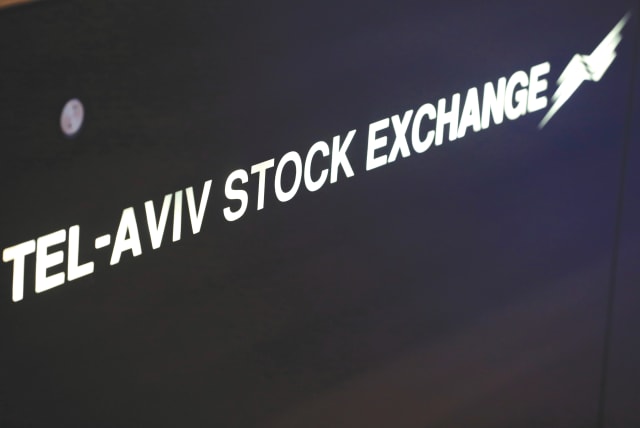The war has taken its toll, Israel needs investments in innovation - opinion

While new innovations continue to pour into Israel, the war in Ukraine and subsequent economic downturn have slowed the rate of investment in tech start-ups worldwide, including in Israel.
The atrocious October 7 Hamas attack and war have resulted in significant challenges to the Israeli economy.
The monthly “burn rate” on ammunition, fuel, spare parts, and other direct war expenses is estimated to exceed two billion dollars.
Added to that is the value of repairing the property damage to communities along the Gaza and Lebanon borders; compensation to businesses forced to close or curtail their activities over an extended period; and the cost of supporting over 300,000 reserve duty soldiers. It all presents a huge challenge.
Israel has responded with emergency budget adjustments, allocating billions of dollars to these tasks, and asking supporters around the world to share the burden.
Supporting Israel economically
As with previous generations of philanthropists who rushed to support Israel in troubled times, today’s benefactors have risen to the occasion, providing much-needed help. One prominent example is the Tekuma (Revival) Authority, which is seeking to raise at least $1 billion toward the recovery of the devastated Gaza border communities.
In the early 1990s, Israeli tech start-ups assumed an accelerating role, propelling the Israeli economy forward. By 2006, Israel was known as Start-up Nation, and many around the world studied the Israeli model and tried to imitate it. This wellspring of innovation continued to bring start-ups into diverse areas until it peaked in 2021.
While new innovations continue to pour into Israel, the war in Ukraine and subsequent economic downturn have slowed the rate of investment in tech start-ups worldwide, including in Israel.
The war in Gaza has made the task of raising funds for Israeli start-ups truly difficult.
Recognizing these dire consequences, the Israeli Innovation Authority (IIA) announced the allocation of NIS 100 million ($28 million) towards an emergency fund on October 19, less than two weeks after the war erupted. This move, aimed at supporting promising early-stage start-ups, is a step in the right direction but it won’t be enough.
Angel investors, managers of large funds, and others who care about Israel should consider the following:
Hundreds of early-stage Israeli start-ups are in danger of collapse if they cannot raise sufficient funds in 2024. Not all of these are worthy of investment, and one should apply standard due diligence procedures before investing in any such company, as is always the case. But there are many true gems that require a helping hand as they travel through the “valley of death.” Investors in these start-ups will receive a larger return on their investment, as equity prices have declined due to the difficult circumstances Israel finds itself in.
On January 24, 2024, Bill Ackman and his wife Neri Oxman bought 4.9% of the Tel Aviv Stock Exchange for $25 million in a move that signaled their confidence in the Israeli economy. What if an initiative led by similarly influential businesspeople set aside a cumulative investment of $1 billion in Israeli tech start-ups? Investing in early-stage (pre-seed, seed, and up to round A) tech would have a long-lasting positive impact on Israel and the rest of the world. It would encourage others to co-invest in great innovations that could otherwise be lost forever. Such an initiative would not only save the start-ups that deserve to be supported, it would maintain the flow of new innovations and keep the Israeli tech ecosystem alive.
Experience in the sector over the last few decades has shown that five to 10 service-provider jobs are created for every job in the Israeli hi-tech sector. The economic and social impact of investing in worthy start-ups – to jump-start their growth to viable tech companies – would thus spread across the entire economy, while providing investors with an attractive return.
The writer is a professor and former executive vice president of the Technion – Israel Institute of Technology. An expert in management science, he’s on the boards of several Israeli companies and nonprofit organizations.
Jerusalem Post Store
`; document.getElementById("linkPremium").innerHTML = cont; var divWithLink = document.getElementById("premium-link"); if (divWithLink !== null && divWithLink !== 'undefined') { divWithLink.style.border = "solid 1px #cb0f3e"; divWithLink.style.textAlign = "center"; divWithLink.style.marginBottom = "15px"; divWithLink.style.marginTop = "15px"; divWithLink.style.width = "100%"; divWithLink.style.backgroundColor = "#122952"; divWithLink.style.color = "#ffffff"; divWithLink.style.lineHeight = "1.5"; } } (function (v, i) { });


